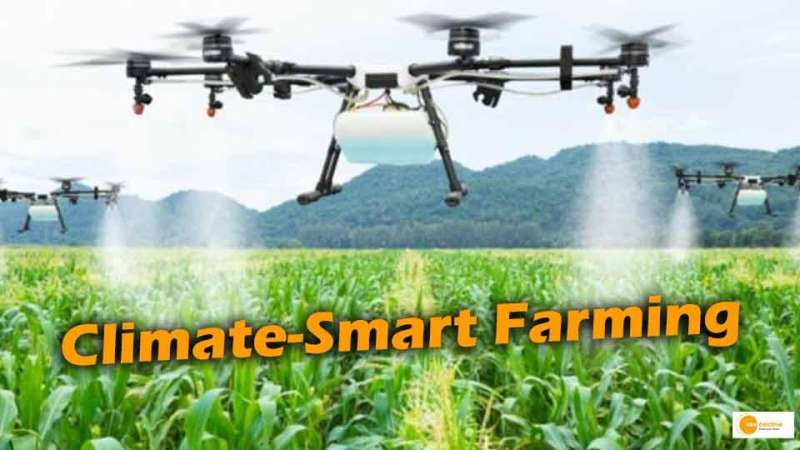

Climate change is one of the most pressing issues facing the world today. It is already having a significant impact on agriculture, and this impact is only going to get worse in the years to come.
Climate-smart farming is a set of practices that can help farmers adapt to climate change and mitigate its effects. These practices can help farmers to increase yields, reduce costs, and improve resilience to climate shocks.
What is Climate-Smart Farming?
Climate-smart farming is a broad term that encompasses a wide range of practices. Some of the most common climate-smart farming practices include:
• Conservation agriculture: Conservation agriculture is a set of practices that help to protect the soil and water resources. These practices include no-till farming, crop rotation, and cover cropping.
• Crop diversification: Crop diversification is the practice of growing a variety of crops. This helps to reduce the risk of crop failure due to pests, diseases, or weather events.
• Integrated pest management (IPM): IPM is a system of pest control that uses a combination of biological, chemical, and cultural methods. IPM helps to reduce the use of pesticides, which can have negative environmental impacts.
• Water conservation: Water conservation is the practice of using water more efficiently. This can be done through a variety of methods, such as drip irrigation and rainwater harvesting.
The Latest Advances in Climate-Smart Farming in India
India is a major agricultural country, and it is also one of the most vulnerable countries to climate change. In recent years, the Indian government has made a number of investments in climate-smart agriculture.
One of the most important investments has been in the development of climate-smart crop varieties. These varieties are bred to be more resistant to pests, diseases, and drought. They are also more efficient at using water and nutrients.
The Indian government has also invested in the development of climate-smart farming technologies. These technologies include precision agriculture tools, such as drones and sensors, that can help farmers to manage their crops more effectively.
The Indian government is also working to promote climate-smart farming practices among farmers. This is being done through a variety of programs, such as farmer training and extension services.
The Benefits of Climate-Smart Farming
Climate-smart farming can provide a number of benefits for farmers, including:
• Increased yields: Climate-smart farming practices can help farmers to increase their yields, even in the face of climate change.
• Reduced costs: Climate-smart farming practices can help farmers to reduce their costs, by reducing the need for pesticides and fertilizers.
• Improved resilience: Climate-smart farming practices can help farmers to improve their resilience to climate shocks, such as droughts and floods.
• Increased profits: Climate-smart farming practices can help farmers to increase their profits, by increasing yields and reducing costs.
The Future of Climate-Smart Farming in India
Climate-smart farming is essential for the future of agriculture in India. With climate change becoming more and more severe, farmers need to adopt climate-smart practices in order to protect their livelihoods and the environment.
The Indian government is committed to promoting climate-smart farming, and it is working with farmers to help them adopt these practices. With the right support, India can become a leader in climate-smart agriculture.


